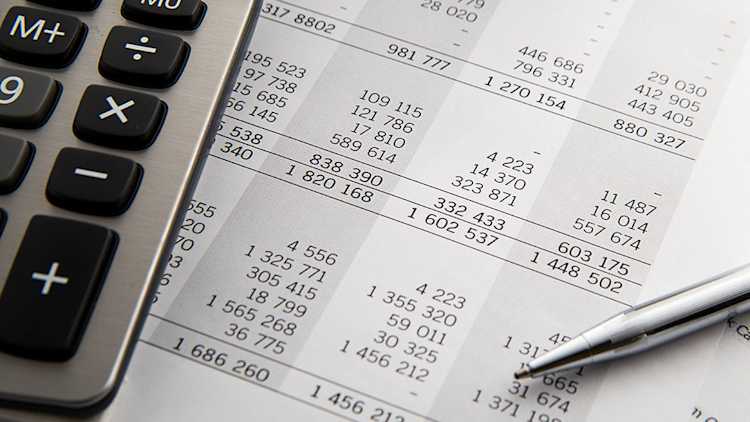Deferred taxes: Don’t write the cheque just yet

As producers, we’re likely familiar with the deferral of income since we can file our tax returns using the cash basis of accounting.
Frequently, cash basis accounting is combined with accrual basis accounting.
Frequently, cash basis accounting is combined with accrual basis accounting for financial statements. And when these different accounting methods are used for different purposes, timing variations are created, opening the door to deferred taxes.
Using the cash basis of accounting for tax purposes — the inventory in your bins or livestock in your pasture, for example — will not be shown as income until you ultimately get paid on a sale. The grain inventory or calves will show as income when produced for your financial statements prepared using the accrual basis.
Now comes the timing difference since there is time between obtaining and selling the inventory. Eventually — when the inventory is sold, and you are paid — you will have to pay tax on the inventory.
To properly set up net profit after taxes of the inventory, your accountant will book a deferred tax balance on your financial statements that will reflect an estimate of the taxes that will have to be paid when the sale ultimately occurs.
Timing matters
The nature of agriculture creates several reasons for timing differences and the way cash and accrual items are recognized, creating the scenario for deferred taxes. Here are five things to pay attention to:
Grain or livestock inventory produced in a year will be included in income when grown for accounting but only when sold for tax purposes.
Supplies like fertilizer, fuel, chemicals or feed will be shown as an expense when consumed for accounting purposes but not as a tax deduction until they are paid.
If you prepay an expense, like fertilizer, it will be deducted for accounting purposes in the year it is consumed or used but allowed to be deducted against farming income in the year it is paid.
There is often a difference in the net carrying value of capital assets for financial statements and their associated tax costs.
Current tax policies allow increased Capital Cost Allowance to be claimed in the current year, making an even more significant difference in the two carrying values.
As you review your financial statements with your accountant, breathe easy if you come across the deferred tax balance. It’s not a balance that needs to be paid right away. Instead, create or review your plan to deal with the taxes owing in the future.
Definitions
Cash basis accounting: An accounting method where income for tax purposes isn’t formed until products are sold and paid for. Incurred unpaid expenses also can’t be deducted in the taxation year.
Accrual accounting: An accounting method where payments and expenses are credited and debited when earned and incurred rather than when money is exchanged.
Article by: Lance Stockbrugger

Good financial management is not an inherent skill – it must be taught and learned through experience. And, based on our age and circumstances, the focus of teaching and learning changes.
